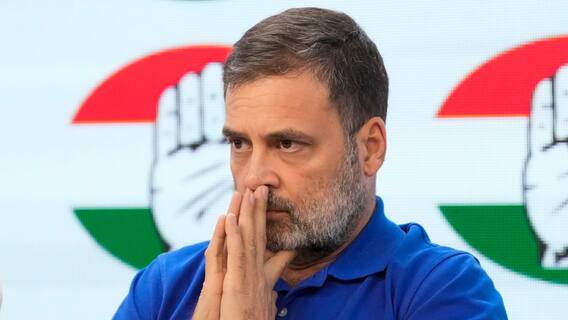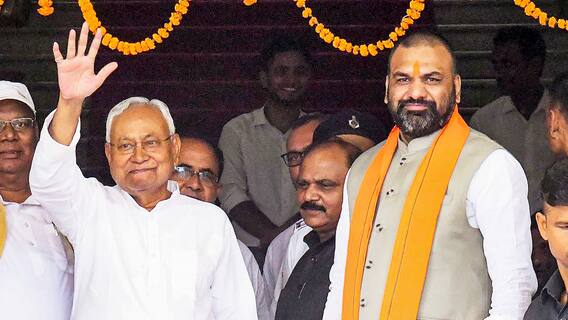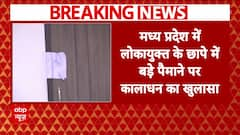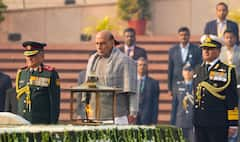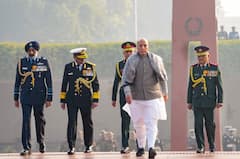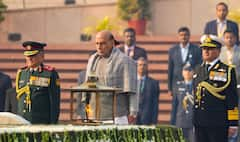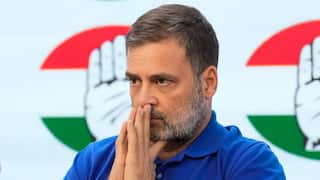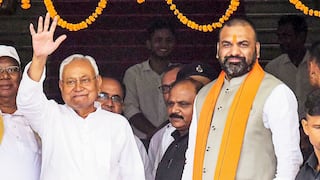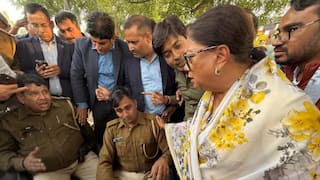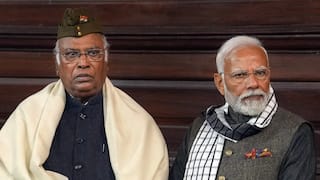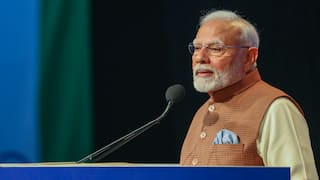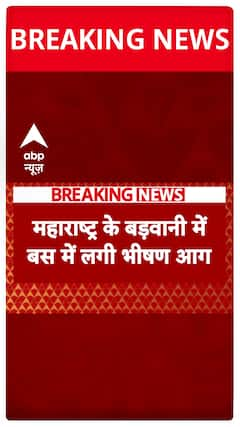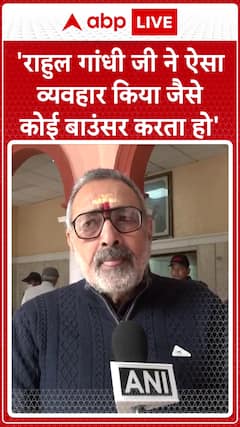'Questionable Methodology': Union Finance Minister Nirmala Sitharaman Criticises World Inequality Report 2022
At the Rajya Sabha session, Union Finance Minister said, "World Inequality Report terming India as 'poor and very unequal country' is flawed, based on questionable methodology."

New Delhi: Union Finance Minister Nirmala Sitharaman labelled the World Inequality Report 'flawed' and its methods 'questionable' on Tuesday. The statements were made in reaction to the World Inequality Report 2022, which said that India is a "poor and very unequal country," ranking it in the bottom half of the list in terms of both wealth and income.
According to research published in December last year by the World Inequality Lab, India stands out as a "poor and very unequal" nation, with the richest 1% of the population possessing more than one-fifth of total national income in 2021 and the bottom half holding only 13%.
At the Rajya Sabha session, Union Finance Minister said, "World Inequality Report terming India as 'poor and very unequal country' is flawed, based on questionable methodology," Hindustan Times reported.
The report was prepared by Lucas Chancel, co-director of the World Inequality Lab, and organised by a group of specialists that included French economist Thomas Piketty.
According to the research, the average national income of the Indian adult population is $2,04,200; the poorest 50% gets $53,610, while the highest 10% makes more than 20 times that amount, or $11,66,520.
The wealthiest 1% controlled more than one-fifth of total national revenue.
According to the World Inequality Report 2022, gender inequality in worldwide wages is also anticipated, with women in India receiving just 18.3 per cent of labour income in 2020. This is over half of the proportion obtained by women in other emerging economies such as Brazil (38.5%) and China (33.4%), as well as the global average (34.70 per cent).
In response to DMK's TR Baalu's query regarding the government's action against loan defaulters and NPAs, the Finance Minister stated that "writing off" debts does not mean "total waiving off," and banks are following up on each loan to reclaim the due amount.
"Over ₹ 10,000 crores, I am saying 'over' as I don't want to disclose the actual figure, have been recovered by PSU (public sector unit) banks from loan defaulters after taking over their assets. For the first time in the country, under the Modi government, the banks got back money from many NPAs. While during the UPA government, no money was recovered from the NPAs," she said, NDTV reported.
Trending News
Top Headlines






